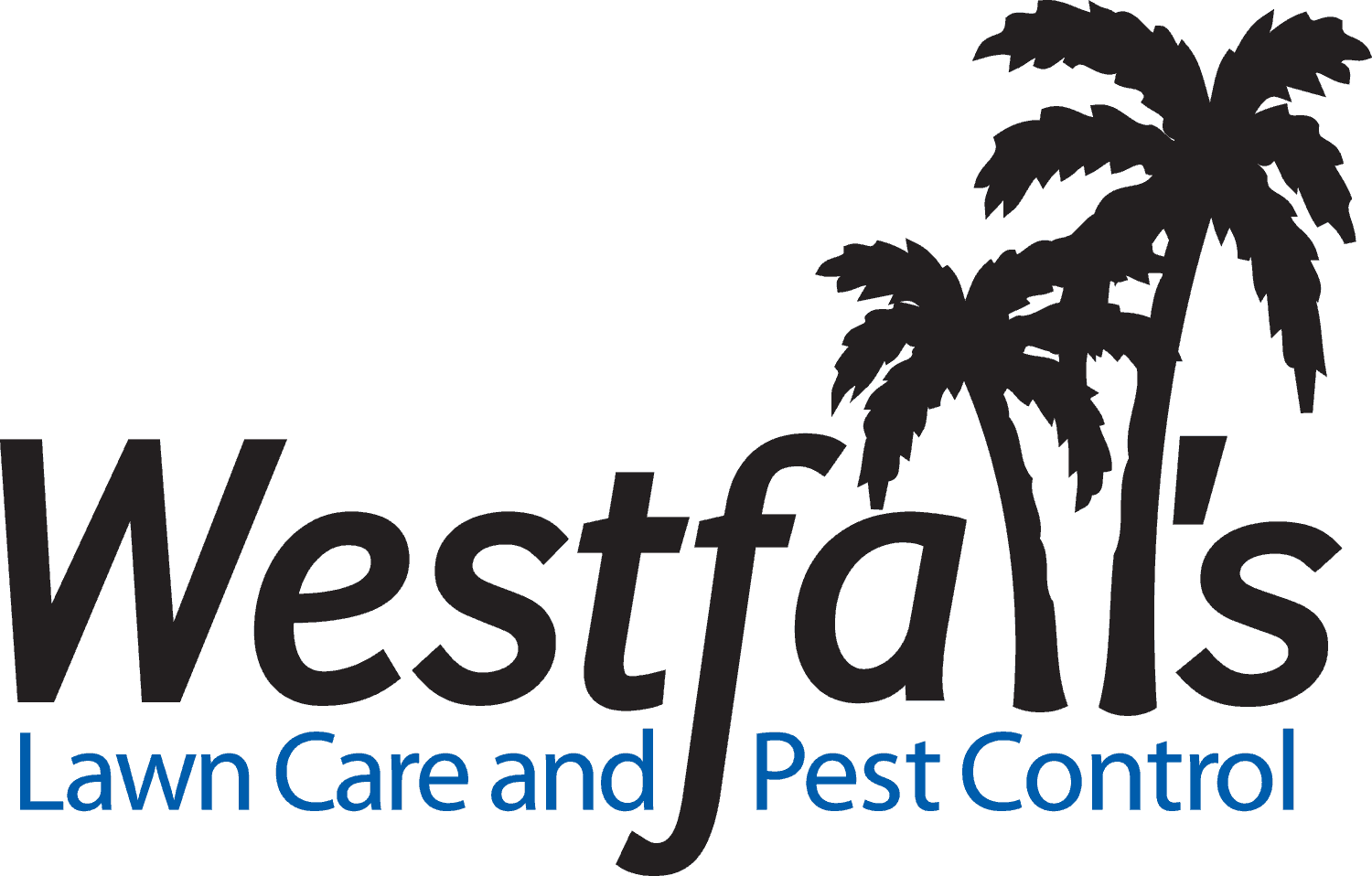Trusted by pest control operators nationwide
Your marketing should drive
revenue.
Now it does with RevenueMAX.
The digital marketing and technology solution that drives calls, appointments, and revenue for your pest control business.
-
 Never miss an opportunityWe capture and convert high-intent customers with fast follow-ups
Never miss an opportunityWe capture and convert high-intent customers with fast follow-ups -
 Get more of the right customersWe focus your marketing on the areas and services that drive the most value.
Get more of the right customersWe focus your marketing on the areas and services that drive the most value. -
 Maximize every marketing dollarYou see what's working, we cut what's not, and invest where it matters most.
Maximize every marketing dollarYou see what's working, we cut what's not, and invest where it matters most.
Everything you need online to own the neighborhoods you want
-
Digital AdvertisingExperience revenue-focused advertisingWith Advertising AI, your campaigns continuously refine themselves, and even train other providers' AI (like Google, Microsoft, and Meta) to learn what works and eliminate what doesn’t.
-
Marketing TeamHave your own team of expertsGet a team filled with pest control marketing experts that creates the right strategy to meet your revenue goals.
-
WebsiteStand out and become the obvious choiceWith Scorpion’s award-winning designers and developers, your website will be the best it has ever been.
-
RankingRank higherWith our search engine optimization technology, Ranking AI, we know which keywords drive the most impact. Your Scorpion marketing team uses this data to improve your search rankings and drive more revenue.
-
ReputationImprove your reputation
With Reputation AI, effortlessly collect positive reviews, respond instantly, gain customer insights, and showcase great feedback across your marketing channels.
-
Scorpion ConnectNever miss an opportunityWith Scorpion Connect, you get a 24/7 AI customer service rep that can answer questions, book appointments, accept payments, and educate customers.
Spotlight stories for pest control operators
-

"What marketing used to mean to me was paying someone money, and they’d throw your logo in places. Now, it means working with a team and they push your brand in a really healthy way with precision."
Paragon Pest Control -

“Most vendors cost you money. With Scorpion, they’ve made us money…If I could go back in time to when they started sending me mailers, I would sign up sooner.”
Coastal Lawn and Pest -

"There's nothing better than walking in in the morning, turning the computer on and seeing, I got three, four different leads in. It's taken care of."
Gladiator Pest Control


Results that make a difference
-
 15x Return on total investment"We had our BEST month and a new revenue record in our company’s history. I am a firm believer that you get what you pay for."
15x Return on total investment"We had our BEST month and a new revenue record in our company’s history. I am a firm believer that you get what you pay for." -
 61% Increase in recurring revenue"What marketing used to mean to me was paying someone money, and they’d throw your logo in places. Now, it means working with a team and they push your brand in a really healthy way with precision."
61% Increase in recurring revenue"What marketing used to mean to me was paying someone money, and they’d throw your logo in places. Now, it means working with a team and they push your brand in a really healthy way with precision." -
 7x Return on total investment“Most vendors cost you money. With Scorpion, they’ve made us money…If I could go back in time to when they started sending me mailers, I would sign up sooner.”
7x Return on total investment“Most vendors cost you money. With Scorpion, they’ve made us money…If I could go back in time to when they started sending me mailers, I would sign up sooner.” -
 15% Increase in revenueWith help from Scorpion’s RevenueMAX, this local business found the right balance in their digital strategy—amplifying what worked, cutting what didn’t, and turning organic efforts into real revenue.
15% Increase in revenueWith help from Scorpion’s RevenueMAX, this local business found the right balance in their digital strategy—amplifying what worked, cutting what didn’t, and turning organic efforts into real revenue. -
 11% Increase in revenue"I’m so happy with Scorpion and I’m hitting record revenue numbers. We’ve hit multiple revenue records this year and it's really exciting.”
11% Increase in revenue"I’m so happy with Scorpion and I’m hitting record revenue numbers. We’ve hit multiple revenue records this year and it's really exciting.” -
 4x Increase in leads“Scorpion has contributed to the steady growth of my business. We have seen a big increase in our leads and improvements to our bottom line."
4x Increase in leads“Scorpion has contributed to the steady growth of my business. We have seen a big increase in our leads and improvements to our bottom line."
Pest control news and insights
Frequently Asked Questions
-
We collaborate closely with you to understand your values, voice, and target audience. Our team designs marketing materials, including your website, ads, and content, to reflect your business's unique brand and messaging, ensuring consistency across all channels.
-
Yes! When you partner with Scorpion, you’ll have a dedicated account manager and a team of marketing specialists who understand your goals and provide ongoing support. They’ll collaborate with you to adjust strategies as needed and ensure your campaigns deliver results.
-
Yes! We design strategies that highlight your unique value, such as your expertise or years in business, personalized approach to pests, seasonal and regional specifics, and successful happy customers. By optimizing your local SEO, creating compelling content, and promoting client testimonials, we help your business stand out in your geographic area and build trust with potential customers.
-
Scorpion uses a combination of digital marketing strategies to attract potential clients actively searching for pest control and other related services. We:
- Design customized, conversion-focused websites
- Optimize your site and content for search engines (SEO)
- Launch targeted pay-per-click (PPC) campaigns to reach high-intent leads
- Utilize social media and local listings to boost your visibility
- Create content that positions you as a trusted expert in pest control
-
While we specialize in various Home Services industries, our Pest Control clients benefit from tailored strategies that meet their unique challenges and business model.
-
While some strategies, like Pay Per Click, can generate immediate results, others, such as Search Engine Optimization and reputation management, take time to build momentum. Many pest control businesses see improvements in website traffic, lead volume, and online visibility within the first 3-6 months of working with us.

































